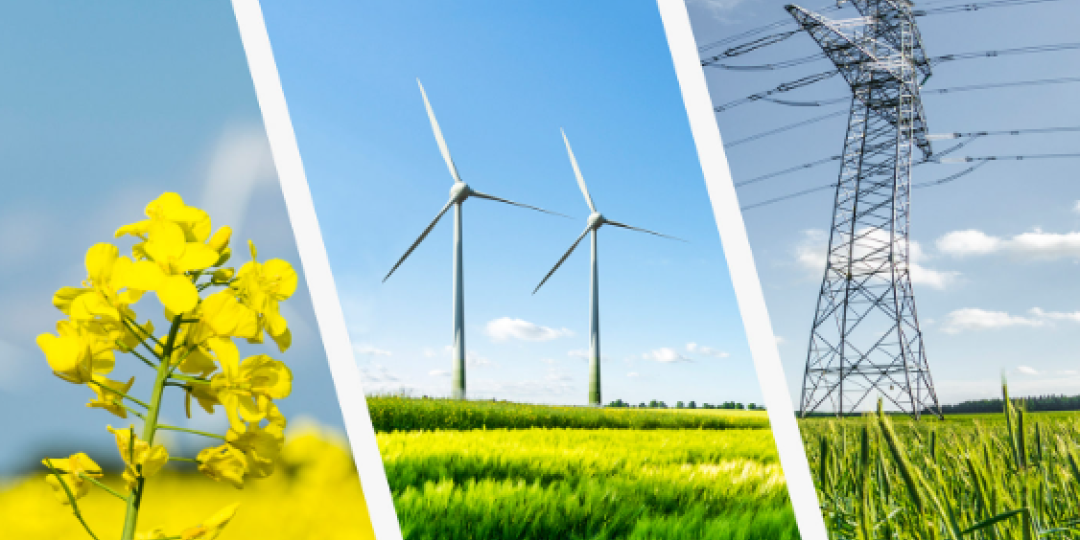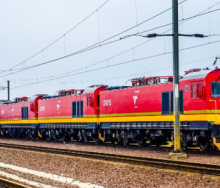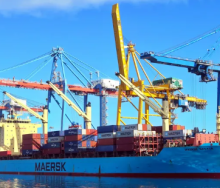Eskom and the Kingdom of the Netherlands have signed a letter of intent (LOI) to collaborate on the development and implementation of ‘just’ energy transition initiatives to support job creation and community upliftment around Grootvlei Power Station in Mpumalanga.
Eskom said in a statement that it had signed the LOI on Wednesday to further its collaboration on the development and implementation of ‘ust’ initiatives as the Grootvlei Power Station transitions from coal generation to a renewable energy hub.
The power utility and the Netherlands developed a previous LOI in July 2022, which paved the way for this LOI through a pre-feasibility study for a “climate-smart, labour-intensive agriculture/horticulture development” at the power station. Eskom said using technology in agriculture to minimise the effects of climate change while creating jobs in the sector was of mutual importance for the partners.
“The new LOI provides an integrated and sustainable approach for repurposing the Grootvlei Power station as the site transitions. This marks a milestone in South Africa’s transition away from coal reliance and a key moment in Eskom’s partnership with the Kingdom of the Netherlands,” Eskom said,
The LOI aligns on the need to develop and implement a smart agriculture demonstration facility, to collaborate further on agricultural activities, and to train the local community.
“The LOI also puts forward the intention to explore the potential of creating a market in the region for profitable, productive, sustainable, and climate-smart farming. A climate-smart horticulture demonstration site will be developed, further creating job opportunities. In addition, relevant knowledge and skills between South Africa and the Netherlands will be transferred and local enterprises’ business cases will be improved while promoting the creation of new enterprises,” Eskom said.
“Synergies will be explored and identified with the broader Just Energy Transition (JET) training facility at Grootvlei.”
For the energy transition to be ‘Just’, it must consider the social impacts on surrounding communities, namely, on jobs and local economies.
“Eskom believes that as it transitions to cleaner sources of power, it must do so in a responsible manner that considers all impacts and stakeholders, including coal mining communities that will be impacted by the transition. Eskom will continue to undertake socio-economic studies to understand the impact of the closure of the coal plants and how to mitigate its impact,” the power utility said.
The power utility is seeking to repower and repurpose other existing coal plants in line with the approach detailed in the LOI.
“This is aimed at preserving jobs and utilising existing grid capacity across South Africa. These projects will prioritise Mpumalanga’s oldest coal plants. The coal plants will be repowered by leveraging the existing infrastructure to build new generation capacity including solar, wind, batteries and/or synchronous condensers. The plants may also be repurposed into new centres of economic activity such as training centres, water treatment facilities, manufacturing plants, microgrid assemblies and modern farms,” Eskom said.
It will also explore multiple avenues to ensure system stability and manage security of supply. This includes repowering transitioning coal power stations with renewable energy and continuing to operate power stations beyond their shutdown dates where it is practically possible and in line with legislation.













